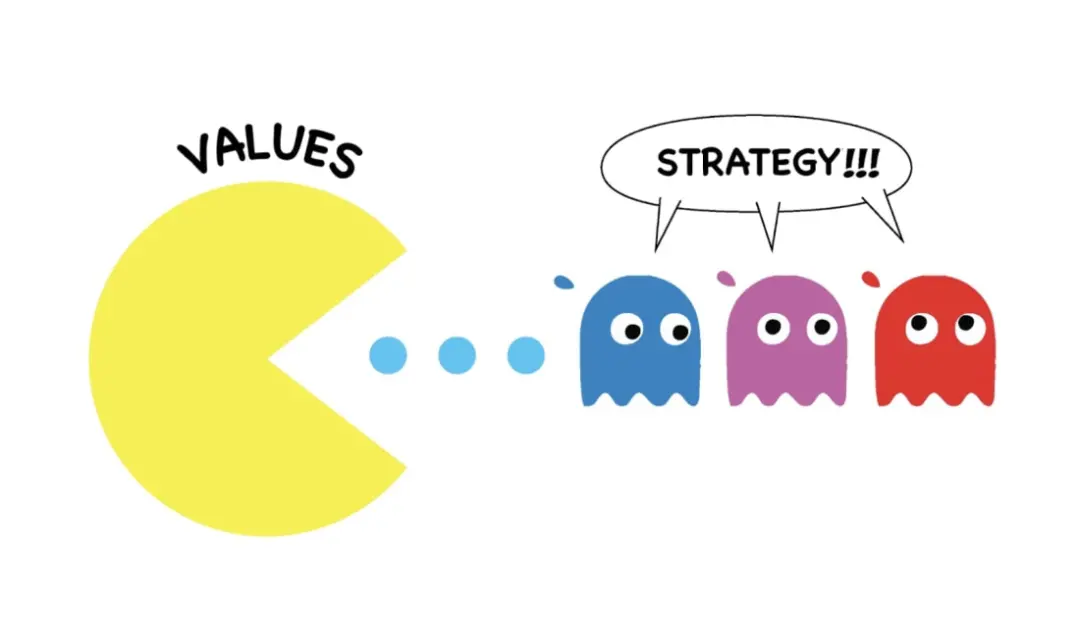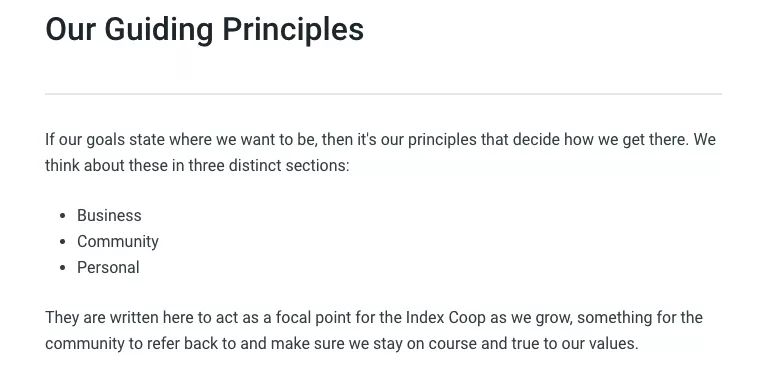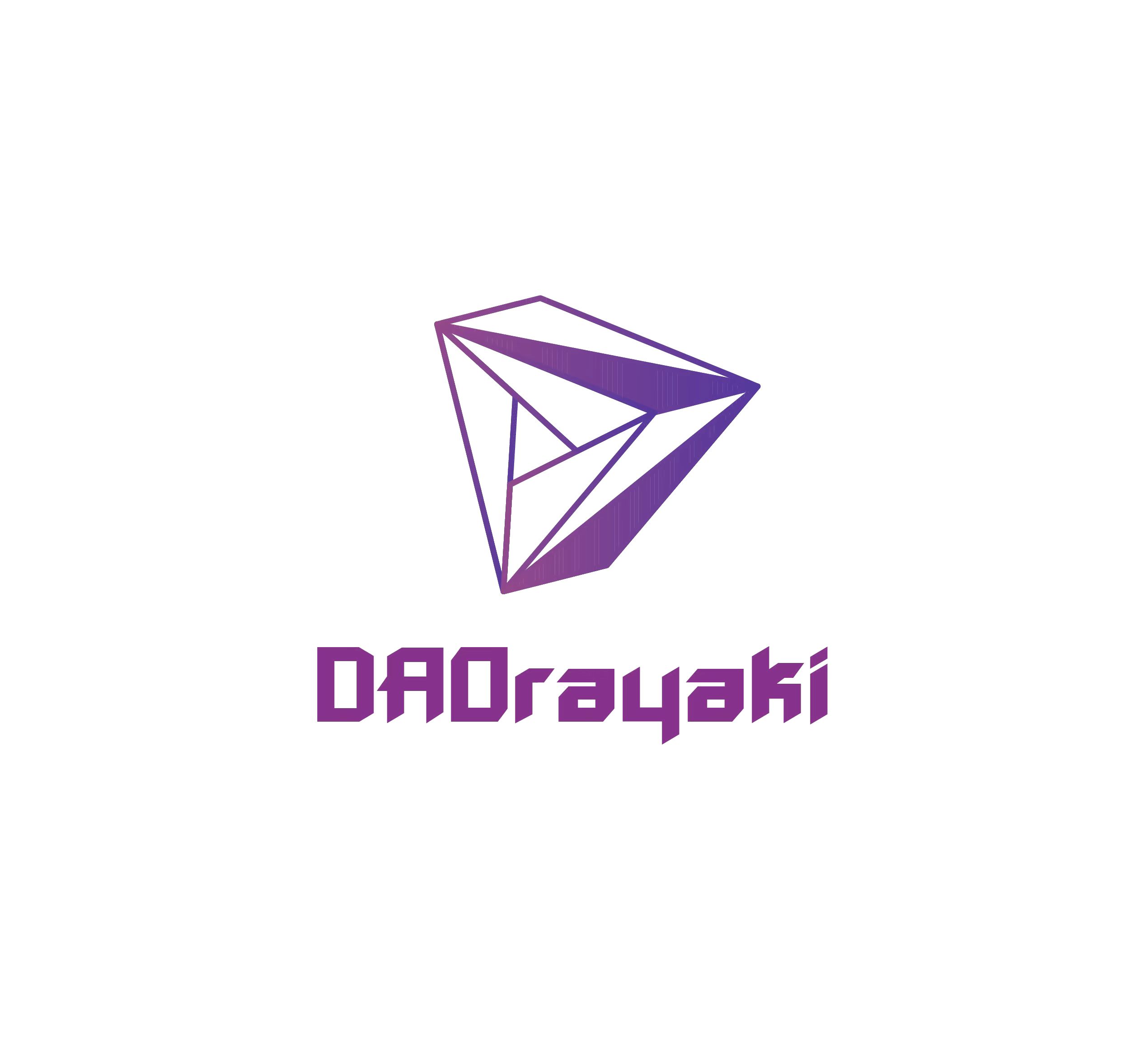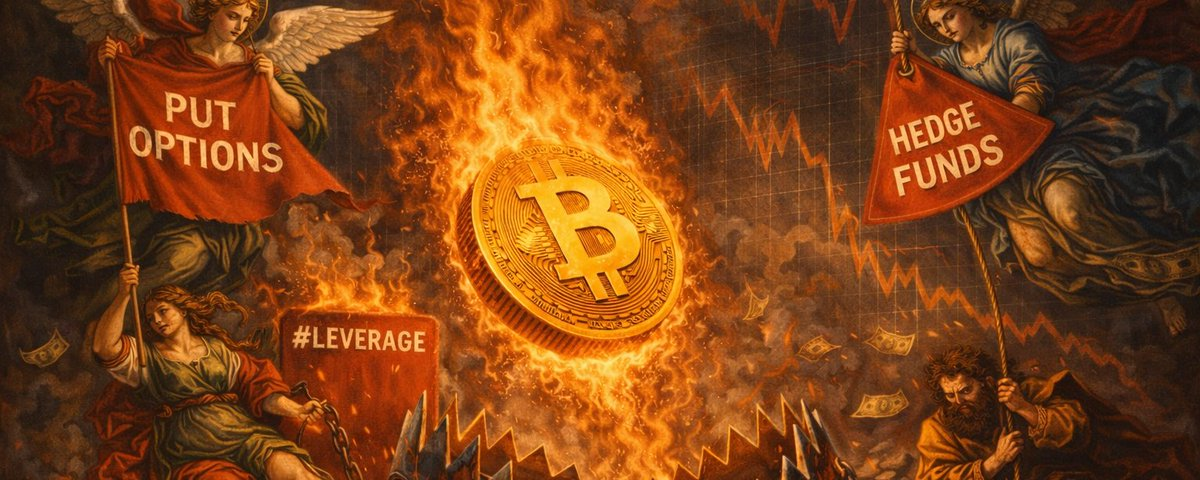DAOrayaki:文化在DAO中的影响
DAOrayaki DAO研究奖金池:
资助地址: DAOrayaki.eth
投票进展:DAO Committee 2/0 通过
赏金总量:80 USDC
研究种类:DAO, Organizational Culture)
原文作者:Andrew Beal
商界有句名言,文化能把战略当早餐吃。组织是由人组成的,组织的文化决定了他们的行为方式。世界上最好的战略无法克服与组织使命和价值观相悖的行为。至少不会太久。

现在,文化是一个模糊的东西。你直觉上知道它是什么,但很难定义。
我承认,直到我读了本·霍洛维茨(Ben Horowitz)的书《你做什么就是你是谁》(what You Do is Who you are)时,我才完全理解文化是什么。对于任何想要更好地理解文化的方式和原因的人来说,这是一本很棒的读物。
你的组织文化就是如何日复一日地做出每分钟的小决定。回复客户电子邮件需要多长时间?您如何欢迎新员工加入团队?谁在会议期间发言?
它也是一种流动的东西,总是在不同的方向上混合。这就是为什么伟大的文化如此强大,为什么有毒的文化如此具有破坏性。
文化显然是任何公司的重要组成部分。但是去中心化项目呢……文化是一种东西吗?这有关系吗?现在我在DeFi工作,我开始思考很多这些问题。
我的结论是,文化对于去中心化的项目实际上比传统组织更重要。
让我们放大…
为什么文化在去中心化组织中很重要?
原因1:
文化对DAO很重要,因为同样的原因,文化对传统组织也很重要。它们涉及人。
有一种误解认为DAO特别不需要人,因为智能合约管理一切。这显然是错误的。
我能想到的最好的对比是,智能合约对于DAO就像内部规章对于传统组织一样。章程描述了组织的运作机制。他们不做的是经营企业。你可以有一套完美的规章制度和一个失败的企业。类似地,智能合约描述并执行DAO的操作机制。他们不做的是做商业决策。
网络应该如何发展?收费应该增加还是减少?应该支持哪些资产?我们应该雇用谁?
人们做出这些决定。智能合约执行并强制执行所做的决策。
这是对这个问题的第一个答案的长篇介绍……文化之所以重要,是因为人们参与其中。
当你有一群人一起工作来完成某件事时,文化决定了这些人的工作方式。这是一个如何区分成功与失败的组织,集中还是分散。
原因2:
文化对DAO很重要,因为在没有传统领导结构的情况下,文化是最持久和最普遍的力量。
在传统组织中,文化是从高层开始的。创始人或高管设定文化基调并以身作则。无论他们的行为创造了什么样的文化,都会逐渐被组织的其他成员所接受,无论是好是坏。
加强团队成功所需的使命和价值观的文化可能是一种良好的文化。强化与团队使命和价值观背道而驰的行为的文化很可能是一种不良文化。
如果公司在前进的道路上发现自己的文化偏离了轨道,那么有一个领导者或领导团队可以纠正这条船。2017年,我们非常公开地观看了优步的导航。能够快速进行更改是集中式治理结构的主要好处之一。
真正去中心化的组织通常更扁平。他们缺乏我们在传统组织中看到的层级和领导结构。在这些情况下,文化和价值观的作用被提升。在没有首席执行官和管理团队的情况下,DAO贡献者从早期建立的使命、价值观和文化中获取线索。人们会来来去去,但社区文化依然存在。
DAO中的文化是如何形成的?
搅局者……任何去中心化的的项目,无论是公共区块链、DeFi协议还是服务型DAO,都不是从分散开始的。万物皆有创造者。这意味着在一段时间内,项目由一个人或一小群人管理。
比特币、以太坊、MakerDAO、Yearn。他们都是这样开始的。
另一个搅局者……即使在许多项目“去中心化”之后,大多数项目仍然由最初的内部人士控制(因为他们持有大量代币供应)。
这不是一件坏事。在我看来,这实际上是引导和扩展新事物的最佳方法。
因为去中心化的项目通常以传统公司的方式开始,文化也以同样的方式形成。
文化始于创始人。他们每天的行为方式为其他人建立了基准。随着公司的发展,很难以身作则,因为创始人不会每天与每个人互动。为了鼓励某些行为,领导力采用了一套价值观并将其制度化。他们把它们写下来,进行交流,希望能加强它们。
同样的事情也发生在去中心化组织中。
启动去中心化网络或DAO的人有特定的行为方式。随着网络或DAO的发展,新来者会从早期贡献者那里得到提示。
现在,这种模式因真正的去中心化组织而受挫,因为创始人最终会从他们早期行使的控制权后退一步。那么文化会发生什么变化呢?
以太坊就是一个很好的例子。以太坊的创始人之一Vitalik Buterin(但实际上是该项目的领导者)逐渐退出了创始人的角色,因为他知道这符合以太坊网络的长期利益。幸运的是,Vitalik的使命和文化以及早期创建的团队非常强大,不仅在分权过程中幸存下来,而且已经成为以太坊生态系统最宝贵的资产。
有了意图,文化可以得到加强,并随着贡献者数量的增加而永久化。
有时情况正好相反。没有意图,文化可以分裂。去中心化组织的贡献者恢复到其默认的操作方式。每个人都是自主的,很容易失去最初吸引人们参与项目的集体目标和价值观。
什么是好的DAO文化?
信不信由你,好的DAO文化的成分和好的公司文化的成分是一样的。
1、任务明确。人们需要知道他们为什么要做出贡献。明确的使命赋予每个人目标,而目标是所有人的基本需求。这也有助于保持贡献者。只要你正在朝着你的使命前进,最坚定、最热情的贡献者将继续支持你的使命。如果没有这一点,人们往往会在遇到麻烦的第一个迹象时,或者当新的事情出现时就跳起来。
2、强烈的价值观。您想定义您的社区的哪些行为?建立一套作为未来行为标准的核心价值观不仅对现有DAO贡献者很重要,对新贡献者也很重要。
3、早点儿。时机很重要。建立一个明确的使命和一套强有力的价值观早在DAOs生命期会给你一个文化基础,不会随着人数的增长而减少。如果您在早期没有意识到这些组件,那么最终您将得到房间里最响亮声音的使命和价值观(经验法则,这些通常不是您想要的价值观)。
4、由领导人加强。确立使命和价值观只是成功的一半。价值观需要在社区领导人的行动和决定中不断得到强化。有时这就是创始人。其他时候是工作组或委员会成员,或是拥有大量社交媒体追随者的贡献者。
5、所有权每个DAO贡献者都应该感觉自己是一个所有者,对项目的成功和文化负责。这是使你从每个人身上获得的价值最大化的可靠方法。

这些成分发挥作用的最好例子之一是Index Coop,这是一家去中心化的资产管理公司,负责创建和维护加密指数产品。Index有一本社区手册,概述了合作社业务、合作社社区和参与合作社的人员的原则。
该文档的存在证明了其意图,它是现有和新贡献者的北极星。
这种文档在分散的项目中并不常见,但我希望它能成为DAO的标准,尤其是在未来。
其他具有伟大文化的去中心化项目包括:Friends with Benefits, Yearn, SushiSwap, KrauseHouse 和Llama.。所有这些项目都有非常明确、简单的任务和强大的价值观。在克劳塞豪斯的例子中——指的是前芝加哥公牛队总经理杰里·克劳斯(Jerry Krause)——其任务是收购一支NBA球队(迄今为止最雄心勃勃的DAO之一)对于Llama来说,任务是帮助管理加密国库。
零碎的想法
从文化的角度思考DAO的未来引发了许多有趣的话题。
一个是我以前探讨过的——DAO的决策结构。如果它们演变成按功能领域(产品、财务、人力资源)组织的智能合约型公司,而不是真正去中心化、扁平的生态系统,那么文化因素可以像在传统组织中一样进行管理。
另一个是“粘性”。社区具有短暂性,进入门槛低,离开时几乎没有努力和不适。这会影响人才保留,这对DAO和传统组织同样重要。是什么让人们在同一份工作上工作多年?这在很大程度上与寻找和找到新工作的过程有关。这是一项艰巨的工作。但这也是人们所感受到的目标感,工资和福利带来的安全感,以及与其他期望你每天都出现并完成工作的人一起在团队中工作所带来的责任感。你不想让团队失望。
如何创建一个能够提高保留率的DAO结构和文化?我不知道所有的答案,但更高的进入门槛加上强烈的使命感和主人翁意识似乎是一个好的开始。



